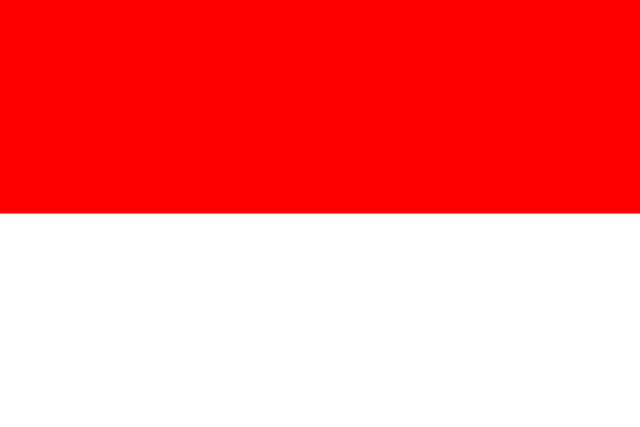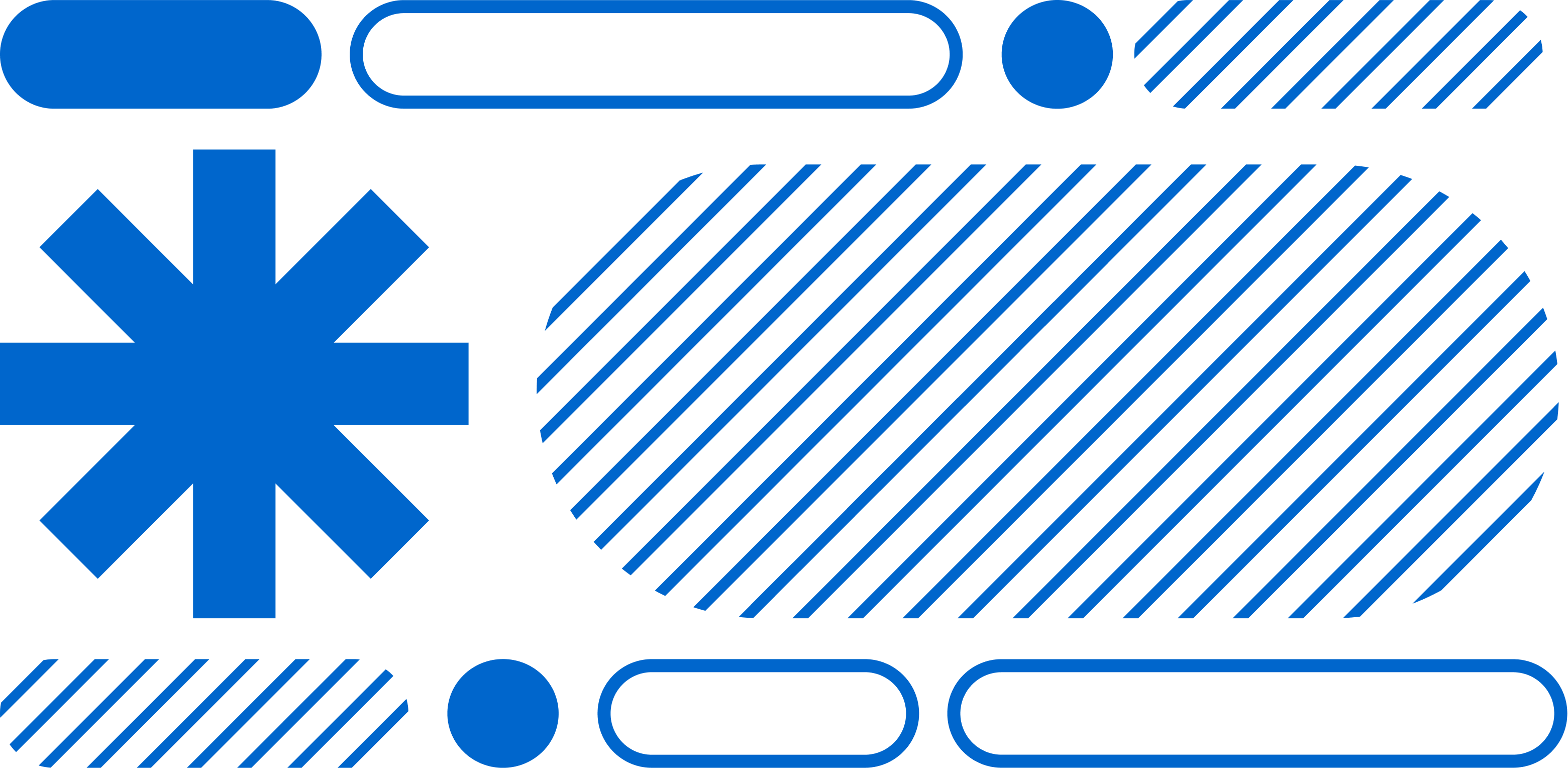Skip to Main Content
Indonesia



Disability Definition
Persons with Disabilities mean any person with long-term physical, intellectual, mental, and/or sensory limitations who may, in interacting with the environment, experience any barriers and difficulties to fully and effectively participate with other citizens on the basis of equal rights.
Equal Opportunity means a situation that provides opportunities and/or access to Persons with Disabilities in order to channel their potentials in all aspects of state and community administration.
Discrimination means any distinction, exclusion of restrictions, harassment or exclusion on the basis of disabilities that intend to restrict or eliminate or have impacts on the restriction or elimination of the recognition, enjoyment or exercise of the rights of Persons with Disabilities.
Reference: Law of the Republic of Indonesia Number 8 of 2016 on Persons with Disabilities
Legislation
Law No. 39/1999 on Human Rights. Article 41(2): “States that each person with a disability has the right to facilitation and special treatment.”Act of the Republic of Indonesia Number 4, of 1997, Concerning Disabled People Every disabled person has the right to obtain:
- Education in all units, programs, types and levels of education.
- Employment and to standard of living, befitting for human beings according to their disabilities, their education and their abilities.
- Equal treatment to participate in national development and to enjoy its output.
- Accessibility for their life independence
- Rehabilitation, social assistance and social welfare standard maintenance; and
- Equal rights to encourage talents, abilities and social life, especially for children with disabilities living in their family environment and community.
Employer Legal Requirements
Law No. 4/1997 on Persons with Disabilities and Government Regulation 43/1998 on Efforts to improve the Social Welfare of Persons with Disabilities:
Article 14 establishes a quota of 1% for the employment of persons with disabilities in the public and private sector.
Article 5 states that “every disabled person has equal rights and opportunities in all aspects of life.”
Article 6 lists various rights accorded to persons with disabilities such as education, employment, equal treatment, accessibility, rehabilitation.
International Labour Organization
Accessibility Requirements
The equalization of the opportunity for disabled people in all aspects of life is conducted by providing accessibilities.
“The accessibilities are intended to provide a supportive situation environment to the disabled for them to fully participate in their society. As meant in clause (1) and clause (2), the providing of accessibilities, shall be comprehensively, integratedly and continuously established by Government and/or society.”
Cultural Norms
“People with disabilities in Indonesia have lower educational attainment, worse health, fewer economic opportunities and lesser access to public services than people without disabilities.”
Insights
As of 2017, there were at least 10 million people with some form of disability in Indonesia, this represents 4.3% of the population. More than 8 million households, or 13.3 percent of the total, include at least one person with a disability.
